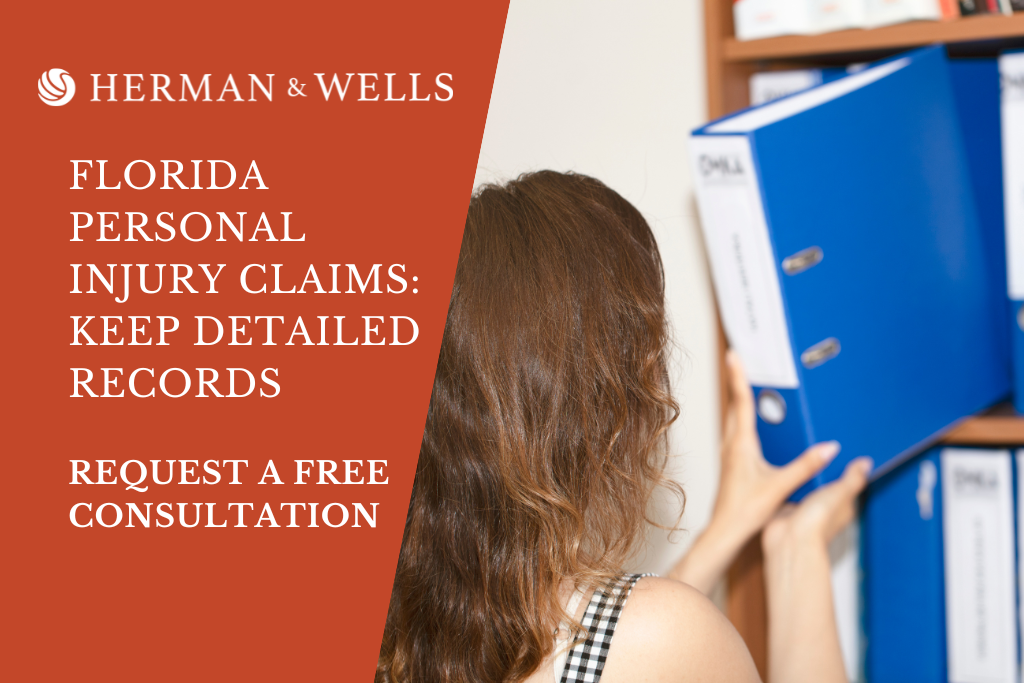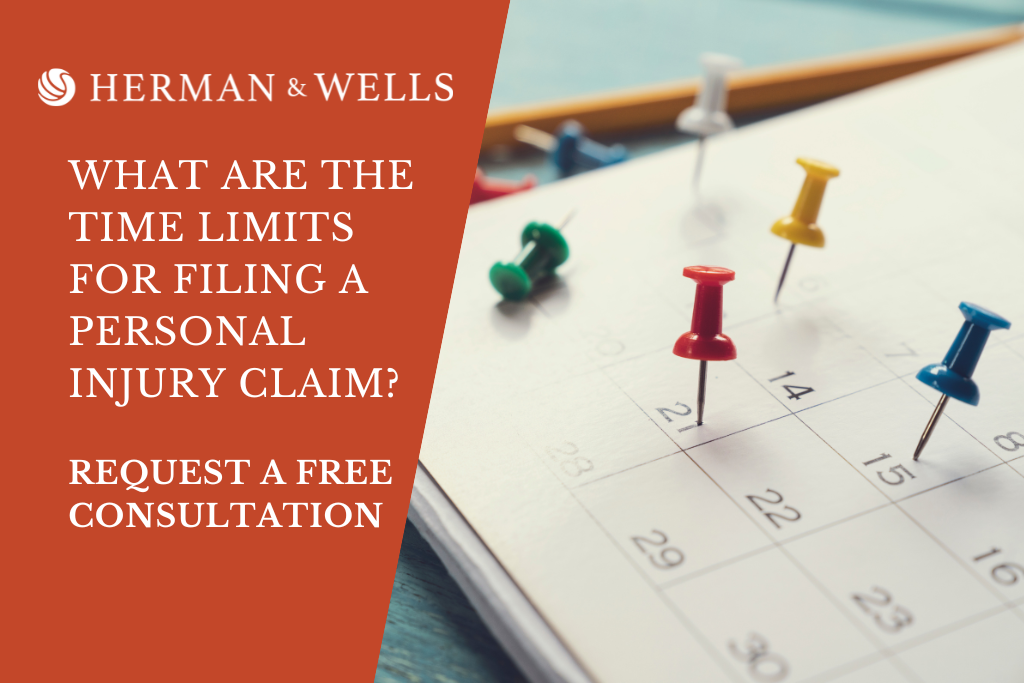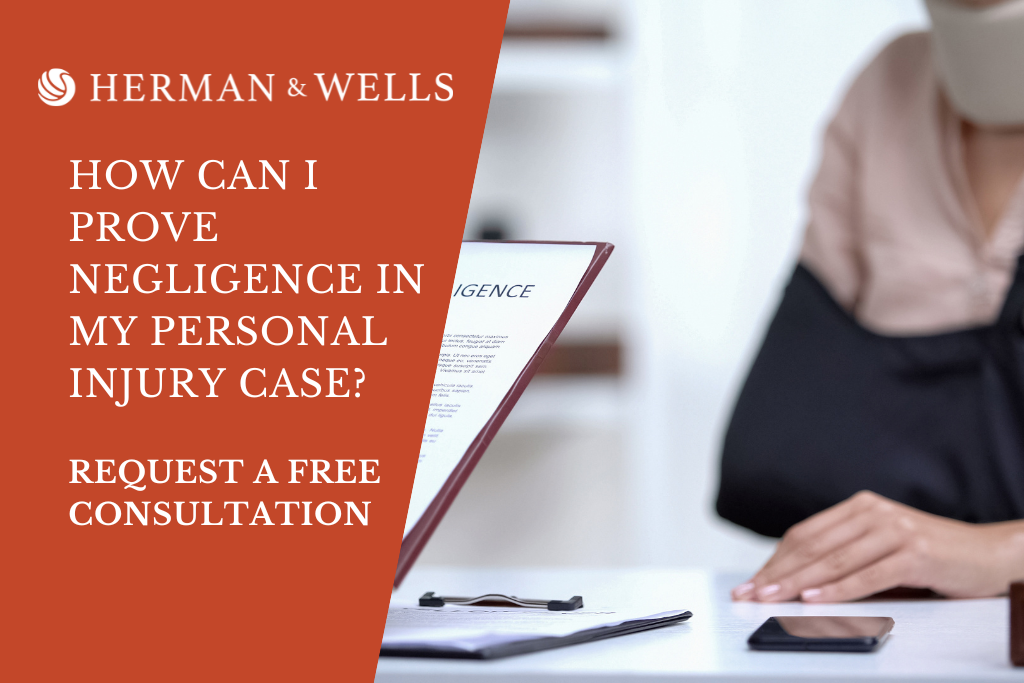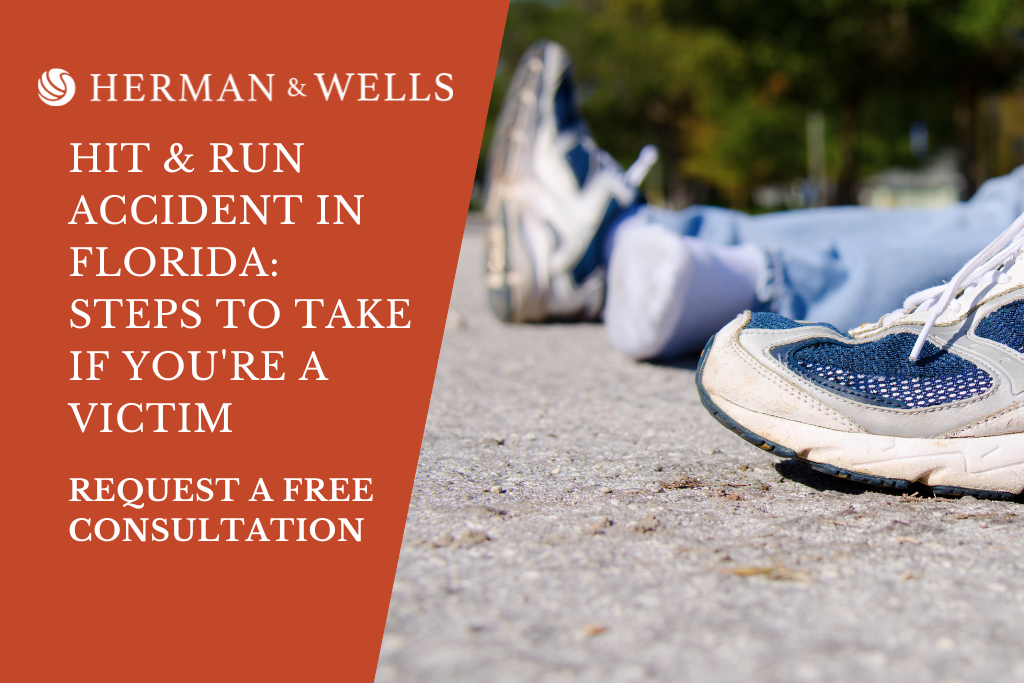Want to know how most Florida personal injury claims get undermined? The injured party did not keep detailed records of following their accident. It is hard for even the most skilled personal injury lawyers to successfully advocate for their clients if they don’t have a record of seeking any medical treatment after their accident. Don’t make this mistake and undermine your case!
If you were harmed, if a loved one was killed, or if you have suffered serious financial losses because of an incident, then you will definitely want to speak to a lawyer who specializes in Florida personal injury law.
You may also be speaking to the police, to a judge, to insurance company representatives, or to other legal professionals. Many of these conversations will result in documented reports, which you should collect a copy of for your own records. Why? Because all of that documentation could be used later in legal proceedings.

The Cliff Notes: Key Takeaways From This Post
- 1Keep police reports, photographs of injuries and damages, and receipts related to the accident.
- 2Document the scene with notes, photos, etc.
- 3Collect information from witnesses.
- 4Gather medical records and bills as evidence.
- 5Provide evidence of lost wages.
- 6Keep records of pain and suffering.
- 7Retain evidence of additional expenses.
- 8Note any settlement offers that have been received.
- 9Save all legal documents in one place.
- 10Contact a personal injury lawyer for guidance.
Here’s the 101 on Personal Injury Claims in Florida
What should you include in your personal injury 101 folders? There are a number of things that could be of use to you in the months after your accident especially if you bring a case against the negligent party. These are some of the items that will undoubtedly be requested by multiple entities during the proceedings:
- Copy of police report
- Copy of medical records
- Photos of damages/injuries
- Receipts for all expenses related to the accident
1) Police Report
As a driver, you know that accidents happen. And should you be unfortunate enough to be involved in one, you also know that there is paperwork to be done. One of the most important pieces of this paperwork is the police report. This document will be used by your lawyer and by the courts to determine what happened and who is at fault. For this reason, it is essential that you are honest with the police officers about the circumstances of the accident. If a traffic ticket is issued, make sure to get a copy of it as well.
2) Pictures & Notes
If you took pictures or notes at the time of the incident, then these should also be printed and kept in the file, as they may prove helpful to your case. This is a very good practice, should you ever be involved in an accident in the future. Documenting the scene can make a big difference when it comes time to make your arguments to the court.
Personal injury cases often go to court, and it’s important to have detailed records
- If you take pictures or notes at the time of the incident, they could be helpful.
- This may include pictures of your injuries, notes about the incident, etc.
- Document the scene, your injuries, etc. to make a strong case.
- This may include pictures of your injuries, notes about the incident, etc.
- Later on: Print everything out and keep it in a physical file for safekeeping.
3) Witness Information
If there were any witnesses to the incident, it is important to get their contact information. These people can be incredibly helpful when it comes time to prove your personal injury case. While their testimony may not be necessary in every instance, it could make all the difference if your case ends up going to trial.
4) Medical Records & Bills
One of the most important pieces of evidence in a personal injury case is medical records and bills. These documents will help to prove the severity of your injuries, and how much money you have spent on medical treatment. Be sure to keep all of your medical records and bills in one place, so that they are easy to find should you need them.
5) Evidence Of Lost Wages
If you have missed work as a result of your injuries, then you will need to provide evidence of this in your personal injury case. Be sure to keep records of any lost wages, including pay stubs, doctor’s notes, and more. This evidence will be essential in proving the financial impact of your injuries.
6) Evidence Of Pain & Suffering
In addition to medical bills and lost wages, you will also need to provide evidence of the pain and suffering that you have endured as a result of your injuries. This may include journal entries, doctor’s notes, and more. Be sure to keep this evidence in one place, so that you can easily access it should you need it.
7) Additional Expenses
In addition to the costs of medical treatment and lost wages, you may also incur other expenses as a result of your injuries. These may include the cost of childcare, transportation, and more. Be sure to keep all receipts and documentation of these expenses, as they will be essential in proving the financial impact of your injuries.
8) Settlement Offers
If you have received any settlement offers from the responsible party, be sure to keep them in your personal injury file. These offers can be used as evidence in court, should your case end up going to trial.
9) Legal Documents
Finally, be sure to keep all legal documents related to your personal injury case in one place. This may include the police report, medical records, bills, settlement offers, and more. Keeping these documents organized will make it easier for you to access them should you need them.
Call A Good Personal Injury Lawyer In Florida
Now you can see why it is so important to keep detailed records if you have been significantly injured in Florida. This includes taking pictures of the injury and scene, keeping track of medical bills and treatment, and gathering witness statements.
If you have been injured, please contact a personal injury lawyer as soon as possible. Our attorneys are highly experienced and can guide you through Florida’s personal injury claim process. It’s the right move if you want to ensure that your case has the best chance of success. Call (727) 821-3195 or use our online form to request a free legal consultation with one of our Florida-based personal injury lawyers.





